Soleil Ho has been on a tear recently for the SF Chronicle writing about their vegan community. In her latest, this part on language pulled me in:
Though zealotry is a common negative stereotype about vegans, it’s interesting to see how a dietary proselytization is reframed at Wildseed. The purpose of the restaurant, whose owners are mostly omnivorous but spent some time eating vegan to better understand the idea, is to win over agnostics of an occasional vegan diet. There’s even explicit language in Wildseed’s promotional materials that ties that choice with moral and ethical goodness: “Wildseed offers guests a chance to make a better choice — a place where you can feel good about the decisions you are making,” the website states. Still, the language is soft and almost vague in its calls to action, refraining from doomsaying or calling out bad behavior.
The menu at Wildseed avoids using the word “vegan,” which leads to slight confusion when ingredients like sour cream and Parmesan are presented plainly. Though the menu does say that everything is “plant-based,” it’s reasonable for newbies to do some mental contortion and assume that sun + grass x cow = cheese. […] (Adding to this conceptual knot is the fact that mushrooms aren’t technically plants.)
[…]
When asked about this, the servers do their best to work around the terminology: “We don’t use any animal products,” they say.
They could save some words by just saying “vegan,” but there’s a point to this.The approach is indicative of a burgeoning countermovement to veganism that has adopted its diet, but not its politics of disruption.
[…]
When asked about the difference between the terms, Mark Bomford, a farmer and director of Yale University’s Sustainable Food Program, said that it comes down to a value proposition: “vegan” and “meat-free” make you think that you’re abstaining or giving something up, whereas “plant-based” or “plant-strong” have more forward propulsion. “In terms of marketing communication, it’s about winning, not about losing,” he said.
Perhaps the key to Wildseed’s success is the fact that “vegan” and “vegetarian” can do double duty to describe both a product and a personal identity, whereas the comparatively more apolitical “plant-based” cannot. Its voice of persuasion is intentionally dulcet-toned, enticing like that of a siren.
As a descriptivist, this language in flux is confusing, exciting, and enticing. People, restaurants, and companies are still navigating these terms daily, and many are reaching new conclusions about how they want to phrase and approach the topic of veganism. Luckily, it all serves a greater purpose: more delicious food.
